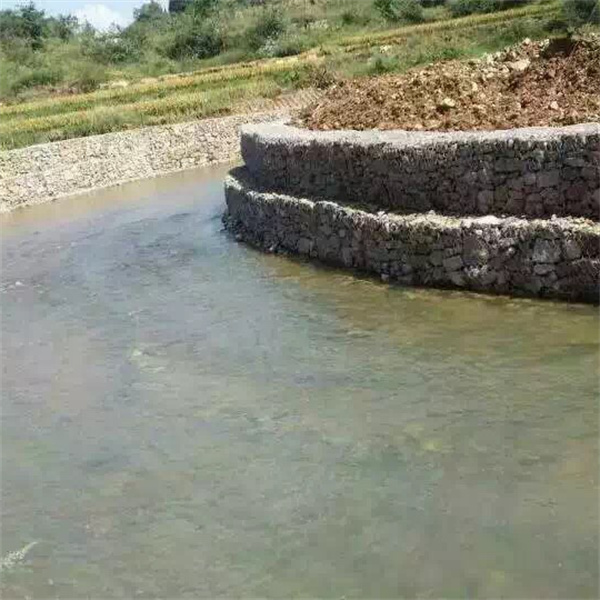Nov . 14, 2024 14:00 Back to list
gabion retaining wall construction suppliers
The Role of Gabion Retaining Walls in Modern Construction
Gabion retaining walls have gained popularity in recent years due to their versatility, durability, and aesthetic appeal. These structures, composed of wire mesh filled with rocks, stones, or other materials, serve a crucial purpose in construction, particularly in landscaping, erosion control, and supporting structures. As construction projects increasingly prioritize sustainability and environmental compatibility, gabion walls have emerged as a reliable solution.
What Are Gabion Retaining Walls?
Gabion walls are essentially mass gravity structures designed to retain soil and manage water flow. They consist of large rectangular or cylindrical mesh baskets filled with stone, concrete, or other materials. The wire mesh is typically made from galvanized steel or PVC-coated steel to ensure resistance to corrosion and environmental factors.
The key feature of gabion retaining walls is their permeability, which allows water to pass through the wall without building up pressure behind it. This characteristic significantly reduces the risk of wall failure due to hydrostatic pressure, which can be a common issue with traditional retaining walls. Furthermore, these walls can adapt to the natural landscape, blending seamlessly into the environment while providing essential support.
Benefits of Gabion Retaining Walls
1. Cost-Effective Gabion walls are generally more economical than traditional concrete walls. The materials used are often locally sourced, reducing transportation costs and contributing to a lower overall budget for construction projects.
2. Environmental Impact The use of natural materials and the promotion of local stone help minimize the carbon footprint associated with construction. Additionally, gabion walls support vegetation growth due to their porous nature, enhancing biodiversity and creating habitats for wildlife.
gabion retaining wall construction suppliers

3. Ease of Installation Gabion walls can be constructed quickly and efficiently. The modular design allows for easy assembly on-site, requiring minimal equipment and labor compared to more conventional methods. This is especially advantageous in remote areas where access to heavy machinery may be limited.
4. Aesthetic Appeal Gabion walls can be customized with various types of stones or materials, allowing designers to create visually appealing structures. This characteristic makes them ideal for landscaping projects, where aesthetics play a crucial role.
5. Durability and Longevity With proper installation and maintenance, gabion walls can withstand harsh weather conditions and resist erosion. They are particularly effective in areas prone to flooding, as their design helps to dissipate water energy and reduce soil displacement.
Choosing the Right Supplier
When selecting gabion retaining wall construction suppliers, it is essential to consider their experience, product quality, and customer service. Reputable suppliers will offer a range of options, including different wire gauges, mesh sizes, and filling materials, ensuring that clients can tailor their projects to specific needs.
Additionally, it is crucial to inquire about the availability of technical support and installation guidance. A knowledgeable supplier can provide valuable insights into best practices, helping to ensure successful project completion.
Conclusion
Gabion retaining walls are an innovative solution that meets the demands of modern construction while prioritizing environmental sustainability and cost-effectiveness. As their popularity continues to rise, selecting the right supplier becomes paramount in harnessing their full potential for various construction applications. With advantages ranging from aesthetic versatility to ecological benefits, gabion walls represent a forward-thinking approach to retaining structures in today's construction landscape.
-
Versatility of Chain Link Fence Gabion
NewsMay.13,2025
-
Trusted Gabion Box Suppliers
NewsMay.13,2025
-
PVC Coated Gabion for Long-Lasting Structural Integrity
NewsMay.13,2025
-
Garden Gabion for Stylish
NewsMay.13,2025
-
Galvanized Gabion for Durable Outdoor Structures
NewsMay.13,2025
-
Gabion Box Factory
NewsMay.13,2025
-
Gabion Basket Wire Gauge and Mesh
NewsMay.13,2025






